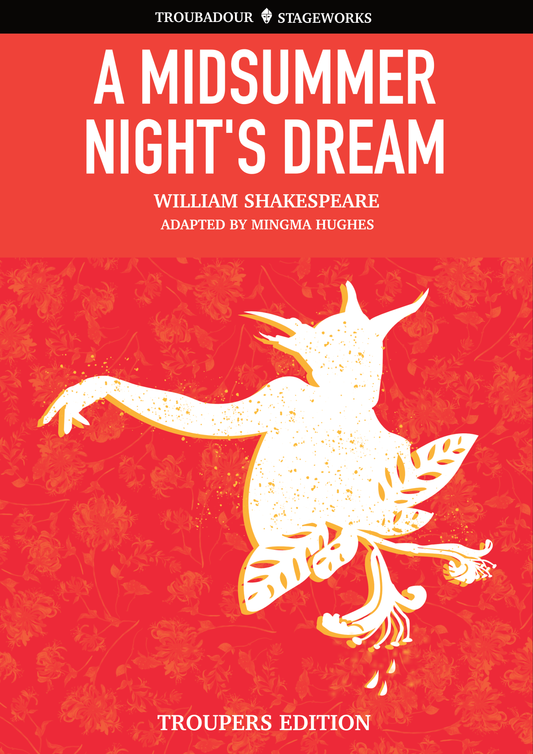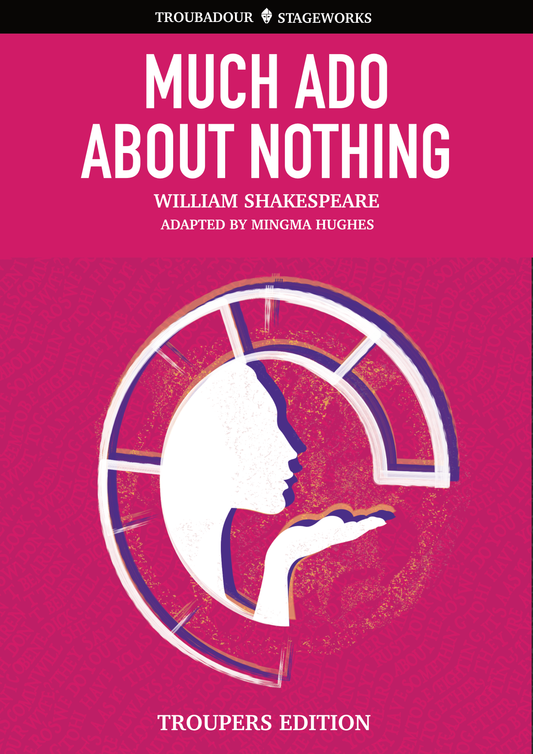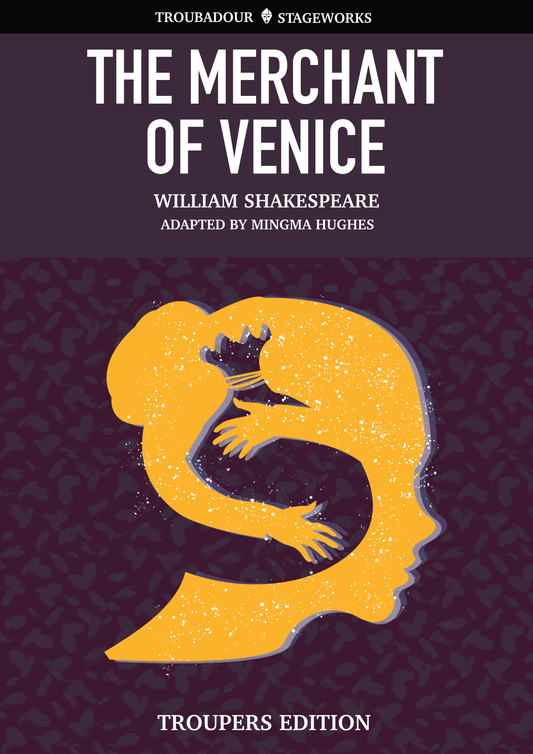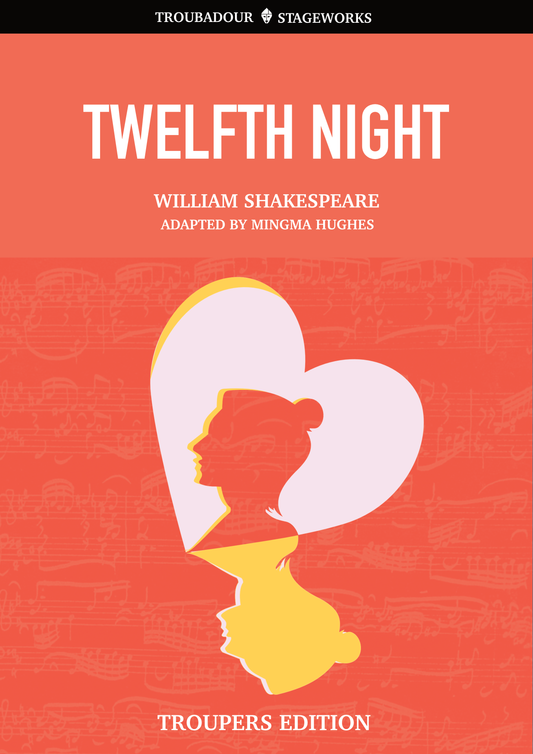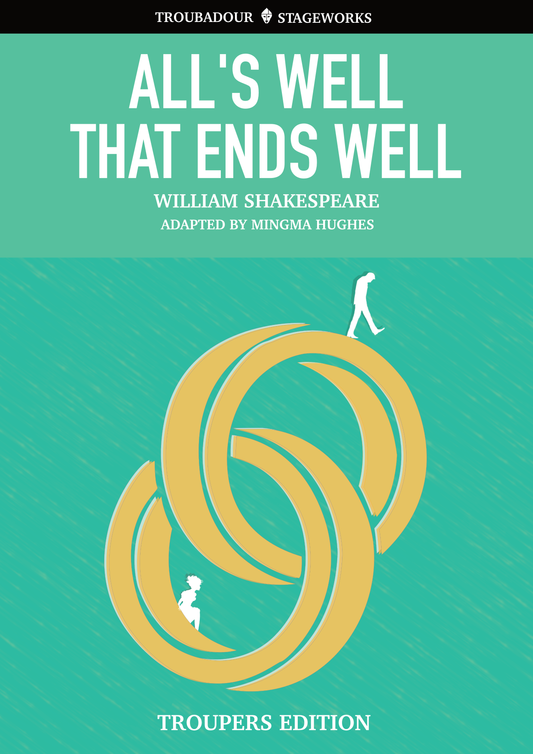Jane Lumley grew up in one of the more chaotic moments in Tudor history. She was the same age as both Lady Jane Grey (The Nine Days Queen) and Edward VI, by the time she was eighteen both were dead and England was Catholic again after the 16 years of Protestantism she was raised in.
Despite all the drama, an advantage of being raised in the 1540s was that excellent educations for young girls (in the nobility) was unusually fashionable. Jane grew up in one of the most powerful families in the country, daughter of the Earl of Arundel, and so received the best humanist education money could buy. She also grew up surrounded by rare and important texts, as her father’s library was one of the best in the country. When she then married it was to Baron Lumley, one of the greatest book collectors of his time. So, Jane found herself throughout her life with both the freedom and resources to pursue scholarly work.
In around 1553, when she was about sixteen years old, two major events occurred in Jane Lumley’s life. Firstly, she became the first person to translate Euripides in English, and one of the earliest writers to translate any greek tragedy into English. In case that wasn’t enough, her translation of Iphigeneia at Aulis is also believed to be the first dramatic work to be entirely written by a woman. Secondly, Jane Lumley’s first cousin Jane Grey, a similarly intelligent, passionate, scholarly young woman the same age as her, was crowned, deposed, and executed in the space of a few months.
Iphigeneia at Aulis is a play about the conflict between Agamemnon and Achilles, over the fate of Agamemnon’s daughter Iphigenia. Agamemnon has the Greek Fleet ready to attack Troy, but there is no wind to sail on. A seer tells him that he has offended Artemis and the only way to appease her is to sacrifice Iphigenia.
With Jane Lumley’s own cousin so recently having taken the fall for a coup she was given practically no choice in playing along with, and which Jane Lumley’s father had been key to defeating when he betrayed Jane Grey for Queen Mary, it is hard not to view her choice of play as both a highly personal and political choice.
Euripides was the perfect tragic writer to translate to reflect the nature of Tudor politics; his plays shifted the focus of the genre more onto the inner lives and personal conflicts of the characters, with a good deal of tragic irony thrown in. The personal and political lives of the Tudors, and those around them, were so often at odds - the constant fear of betrayal, the religious divides, and uncertain successions created no shortage of personal conflicts. Queen Mary did not want to kill her cousin Jane Grey, Queen Elizabeth did not want to kill her cousin Mary Queen of Scots, Jane Lumley’s father, the Earl of Arundel, probably did not want to see the teenage Jane Grey executed - but he did, for his own survival at court.
So, it is possible that Jane Lumley not only did something entirely unprecedented, in translating Euripides and bring the first known woman to write an entire dramatic work, she also found a way to do so that reflected the complex emotional politics of her era and her own family. For all of these reasons, she deserves a great deal more attention than she gets.
First published on our website 16/03/2021
Artwork and Article by Jasmine Silk


